- Home
- Outreach
- Office of Outreach, Education, & Research (OER)
- News
News

Click on any title below to read about the impact we're making in our communities!
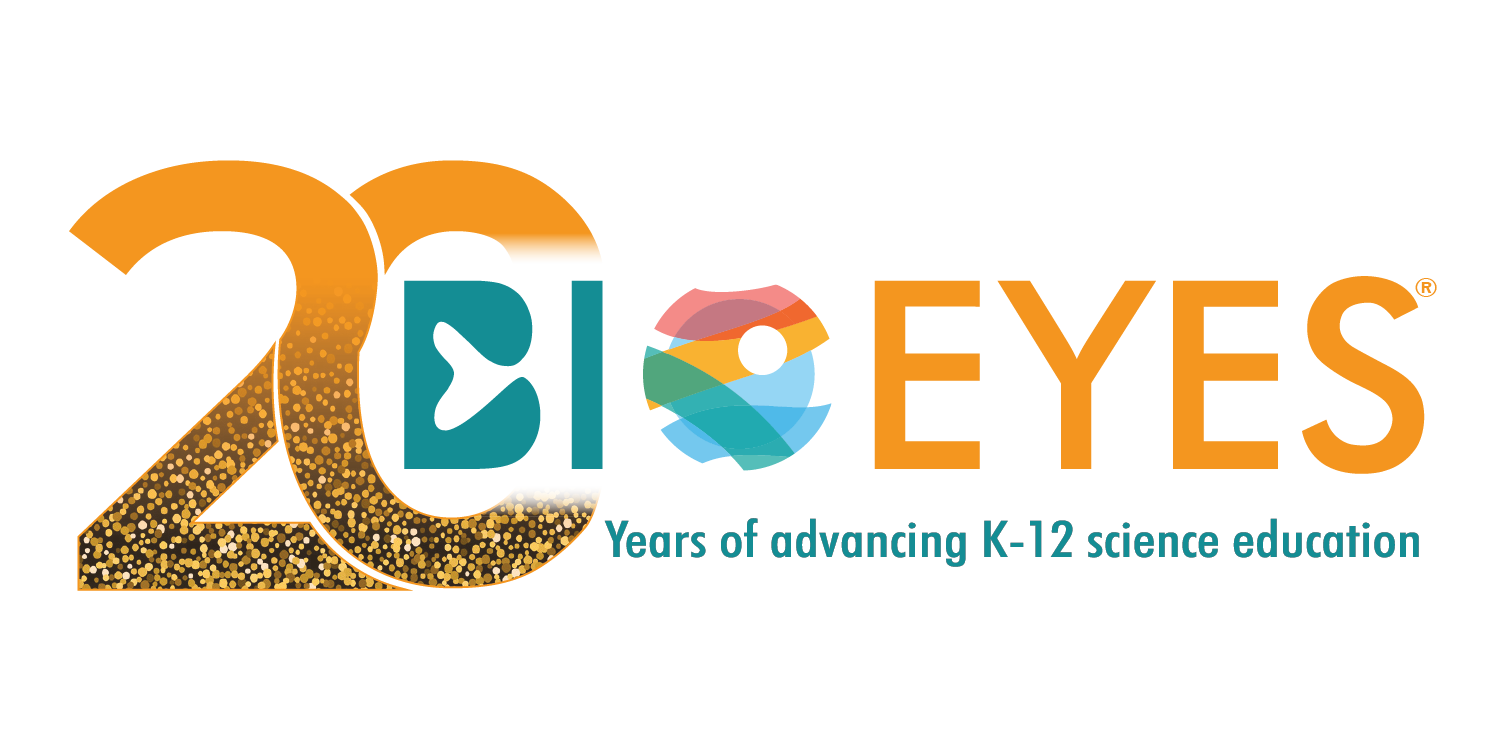
Project BioEYES, an award winning education program that engages students as scientists, marks its 20th anniversary this month! Since its founding in 2002 by Drs. Jamie Shuda and Steven Farber, Project BioEYES has reached over 65,000 students, placing many on the path to further education and STEM careers.
BioEYES is a K-12 science education program which provides classroom-based learning opportunities through the use of live zebrafish. It is designed to incorporate teacher empowerment and provides professional development seminars and a co-teaching experience with trained science consultants, called outreach educators.
Initially launched in Philadelphia, BioEYES has spread to partner sites across the country and around the world.
You can help us celebrate 20 years of science in the classroom and support future scientists!
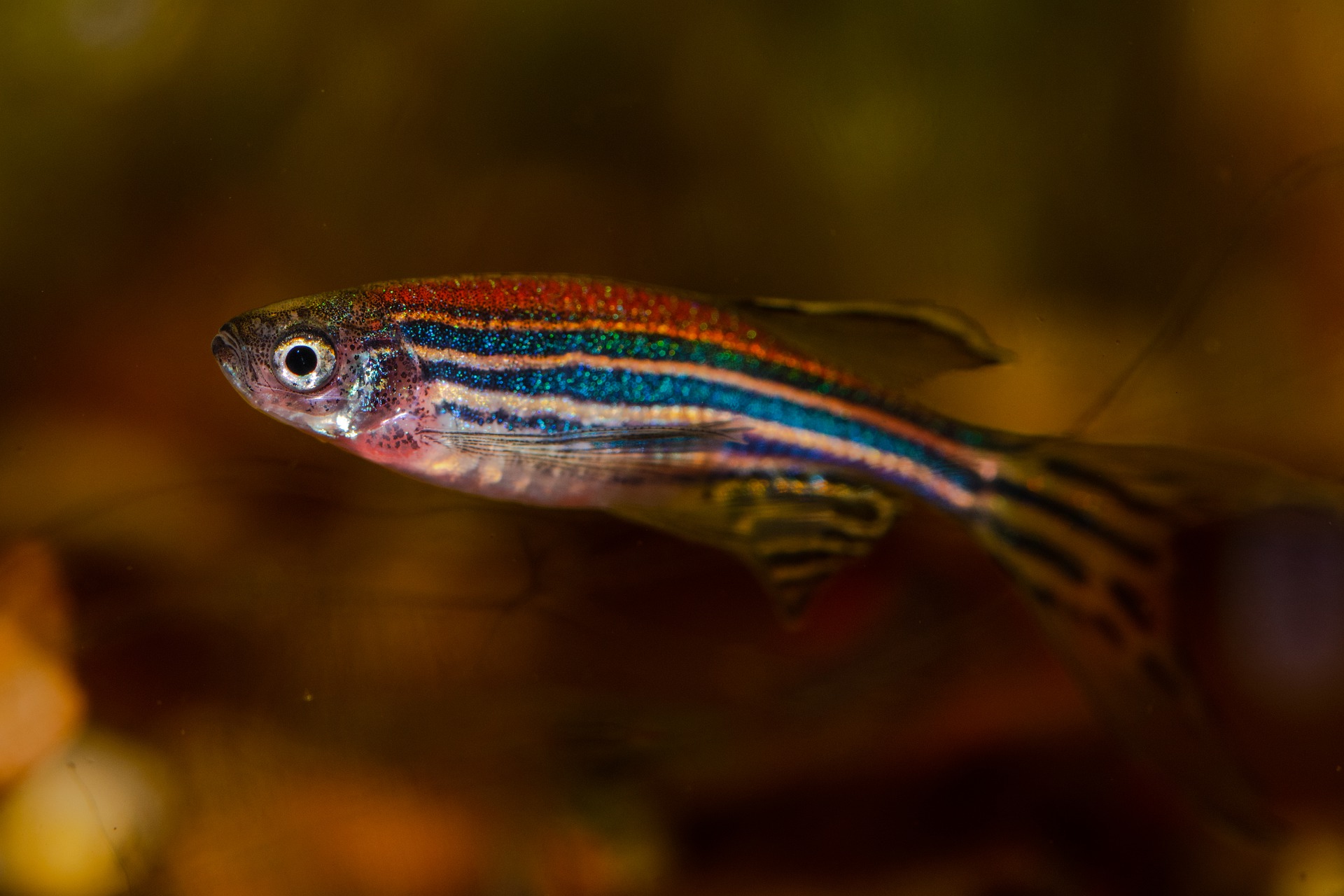
Scientists use microscopes to see things that are normally hidden. But how can these tools be used to show people the world of science and discovery?
Recently, Development featured the voices of 5 science educators who use microscopes to “reveal new worlds,” “improve our communication and understanding of developmental biology,” and “break down barriers and promote diversity for future generations of scientific researchers.” Among these voices was the IRM’s Jamie Shuda, a veteran of science outreach and education. As a founder of Project BioEYES, Dr. Shuda knows how hands-on experience looking at the little things can draw new people to STEM careers.
“With over 85% of our student population being from communities of color and qualifying for free and reduced lunch, providing simple scientific equipment, like dissecting or stereomicroscopes, along with grade-appropriate curricula and personnel support helps fill in the science educational gaps that inhibit many of these students from seeing themselves as capable of a career in the science field.”
You can read more about Jamie and her colleagues experiences in the Development spotlight.
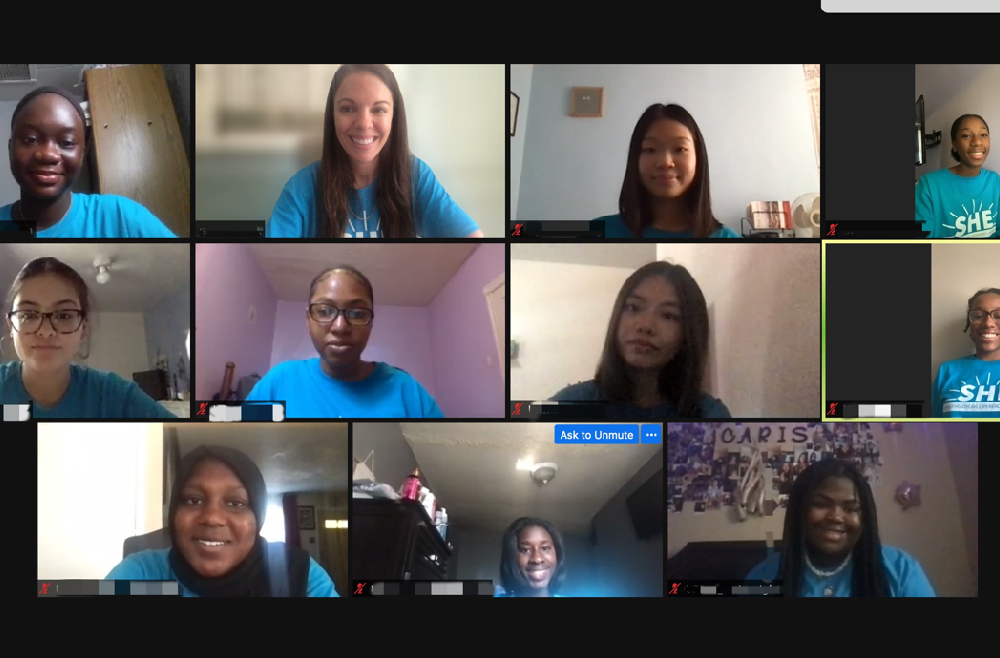
For two weeks in July, a computer screen gave 18-year-old Bintou Samassa glimpses of what she wants her future to look like.
She watched and listened to Yehoda M. Martei, MD, an assistant professor of Hematology-Oncology in the Perelman School of Medicine at the University of Pennsylvania, talk about health disparities one day, while Armenta Washington, a senior research coordinator at the Abramson Cancer Center (ACC), discussed community engagement on another. Before that, Donita C. Brady, PhD, a Presidential professor of Cancer Biology at Penn, had walked through what it’s like to work in a lab.
Enrolling in the ACC’s Summer Health Experience, or SHE, program that introduces young women to careers in cancer, had placed her virtually in front of a group she doesn’t often see: Black women in medicine.
“The goal is simple: to engage and support underserved students,” said Jamie Shuda, EdD, the director of outreach, education, and research at the Perelman School of Medicine, and one of the leaders of the SHE Program at Penn. “An impactful outcome of this virtual program has been the exposure of SHE participants to each other. These students were eager to learn about and explore cancer care in geographic locations outside of their own. Their own scientific literacy has grown alongside the opportunity for them to find STEM mentors and a new peer network.”
Read more about the ACC Summer Health Experience in Penn Medicine News.
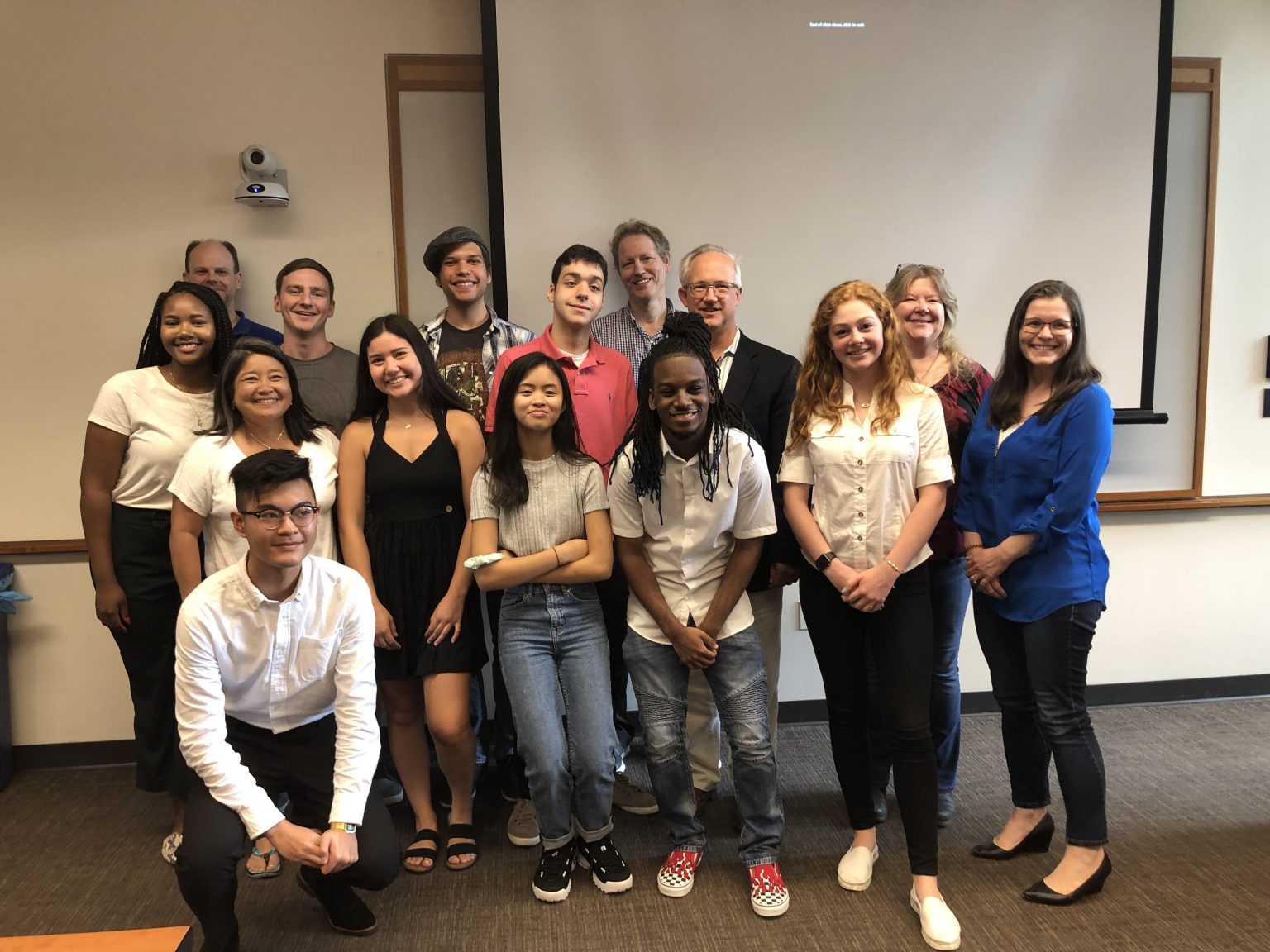
The Penn Academy for Reproductive Sciences (PARS) and Penn Academy for Skin Health (PASH) programs are thrilled to announce the creation of the Ruth Gottlieb Research Opportunity Fund.
Named in memory of University of Pennsylvania undergraduate and School of Medicine alumna Dr. Ruth Gottlieb, this generous endowment will support stipends for Philadelphia city high school students enrolled in the PARS and PASH programs to gain additional laboratory research experience through summer internships with faculty and trainees. For over a decade, the PARS and PASH programs have collectively educated hundreds of Philadelphia area high school students about reproductive sciences and skin health. The workshops introduce local students to hands-on laboratory experience and provide access to expert clinicians and scientists in these fields. Each year, students who have successfully completed the PARS and PASH programs have the opportunity to apply for an additional summer internship. The Ruth Gottlieb awards will enable many deserving young scholars from underrepresented backgrounds and within our city schools to deeply explore the world of science and medicine at a pivotal moment in their lives.
Dr. Gottlieb graduated from medical school in 1954, as one of only four women in her medical school class. Throughout her career as a pediatric nephrologist, Dr. Gottlieb was known for her dedication to the training and mentoring of residents and medical students. She was passionate about providing opportunities that would inspire young people to become the next generation of medical professionals. We are very grateful to the entire Gottlieb family for choosing to partner with PARS & PASH to honor Dr. Gottlieb’s legacy. The awards from the Ruth Gottlieb Research Opportunity Fund will enrich the PARS & PASH missions of fostering enthusiasm for science and medicine in Philadelphia students and empowering them to consider future careers in these fields.
— You can support the Ruth Gottlieb Research Opportunity Fund directly here.

Have you thought about the importance of a mentor in your education and career? Would you like to know more about how to find a mentor, what to expect from a mentor, or how to break up with a bad mentor?
Dr. Shuda helps answer these questions and a few others as part of the Women in Leadership: A Conversation In and Out of the Lab web series by the American Cancer Society. This is a great resource– regardless of gender and if you are in HS or college.
You can click here to watch the recording
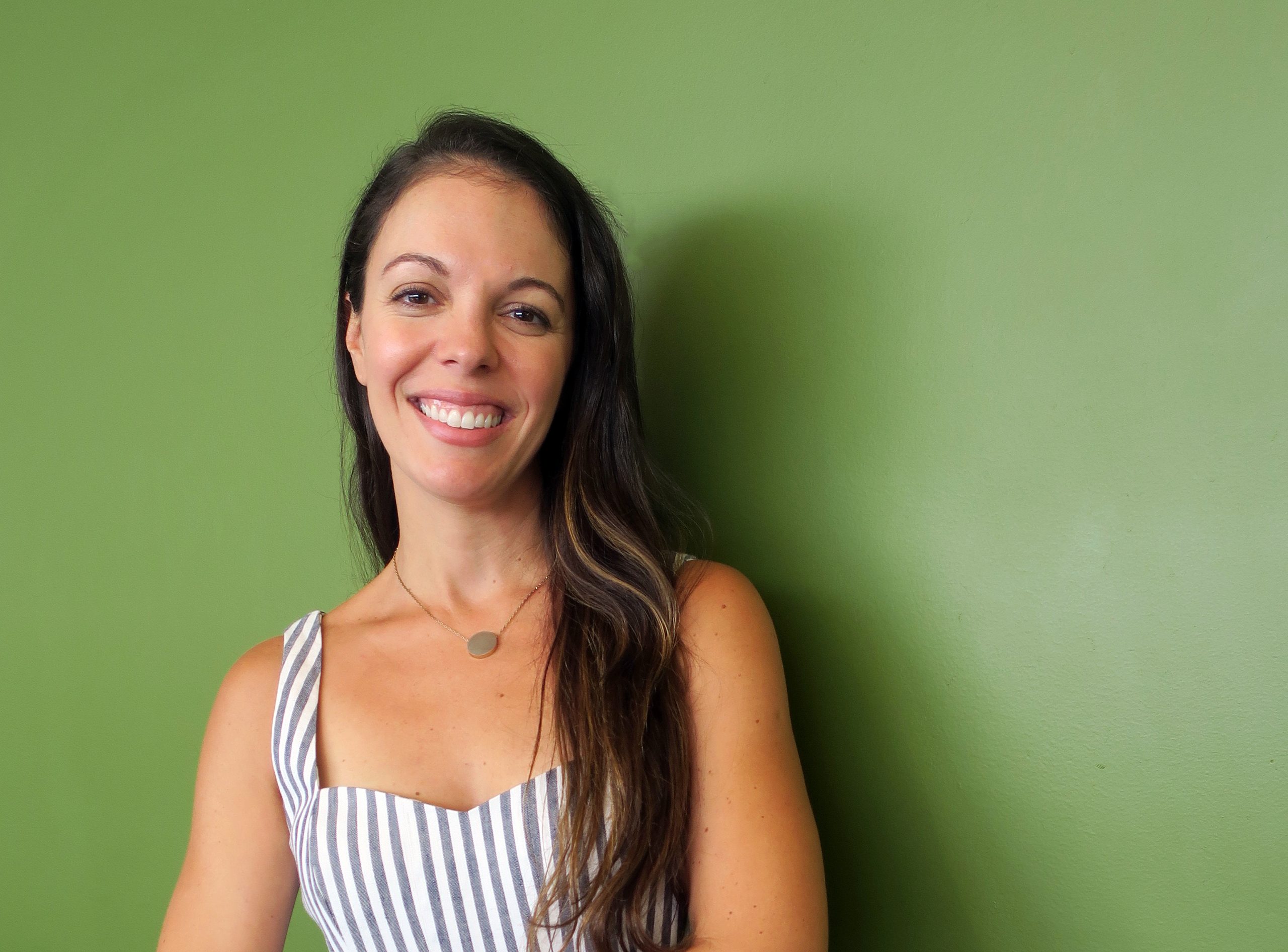
Dr. Jamie Shuda and collaborator Dr. Steven Farber (Carnegie Institution of Washington) have received the 2020 Bruce Alberts Award for Excellence in Science Education from the American Society for Cell Biology (ASCB). The pair was recognized for their partnership in creating Project BioEYES.
The Bruce Alberts Award recognizes innovative and sustained contributions to science education. It prioritizes efforts with a national impact.
Jamie and Steven began working together on Project BioEYES in 2002, launching their program to serve Philadelphia students. Since then, this innovative outreach initiative has reached more than 100,000 students in Baltimore, South Bend, Indiana, and other cities across the country and abroad. In addition to operating BioEYES, Jamie and Steven continue to evaluate its impact on learners. The pair has published several studies focusing on program design and outcomes to aid the larger science education community.
Aside from her collaboration with Steven, Jamie oversees the IRM’s entire portfolio of STEM outreach programs. These programs reach hundreds of children in Philadelphia each year and draw on the combined talents of Penn students, staff, and researchers.
Congratulations to Jamie & Steven!

How can university faculty can give back to students and the local community?
The IRM’s Education & Outreach Director sat down with Annalies Corbin to talk about a critical piece of the educational landscape. Listen in for a chat about this kind of transformative outreach, ways to make information accessible and engaging to K-12 students, and more!
Find this episode on your favorite podcast service:
Apple: https://apple.co/3aqTtXA
Spotify: https://spoti.fi/2Isi6rj
Stitcher: http://bit.ly/3csCzKc

The one and only Jason Kelce recently highlighted the IRM’s BioEYES program for the Philadelphia Citizen. The Eagles’ center talked about the origins of the outreach program that now reaches 2,600 Philadelphia youths a year. Read more

